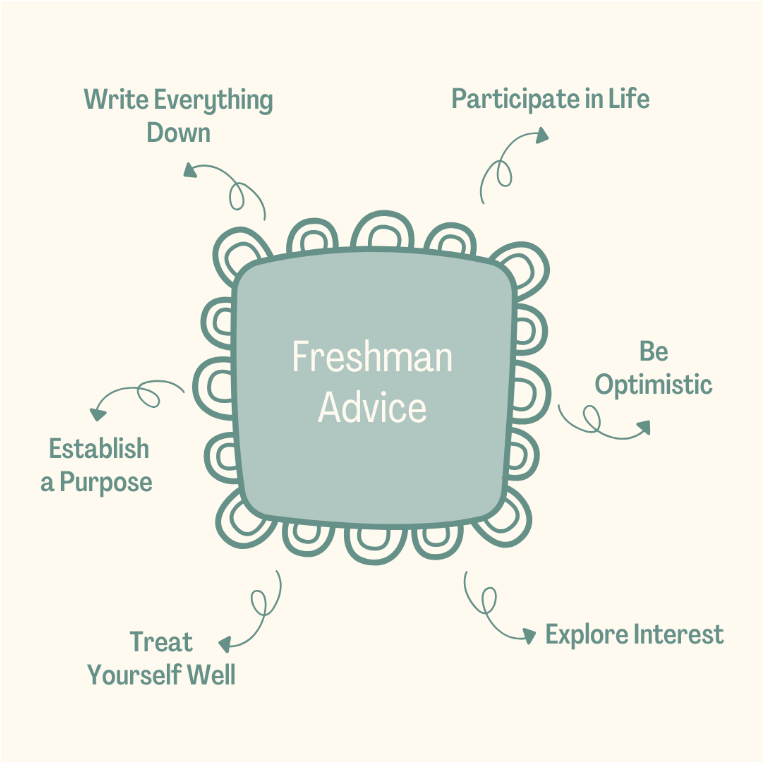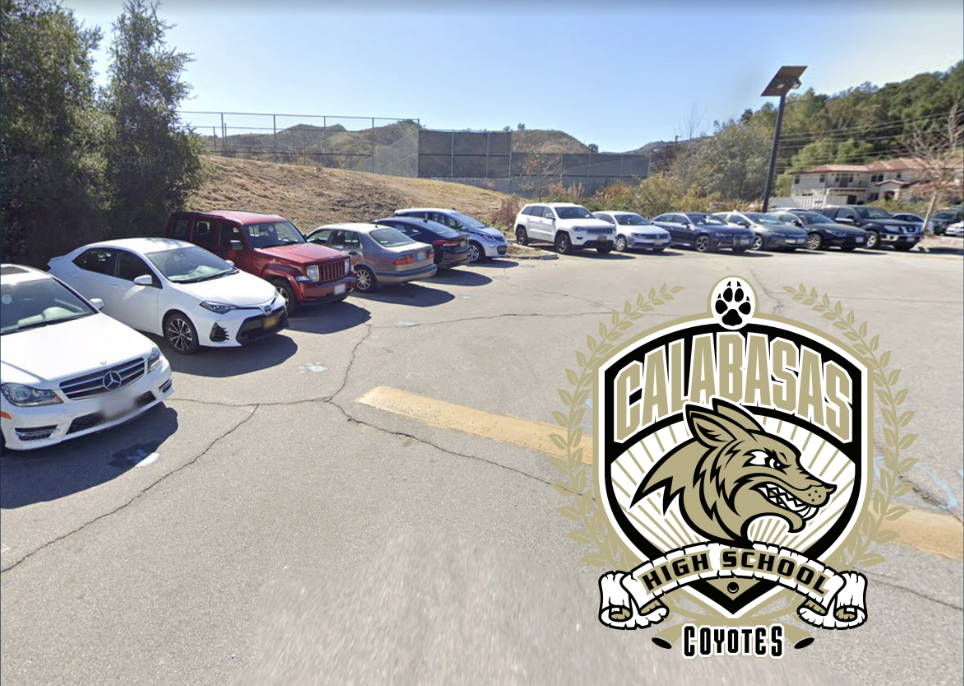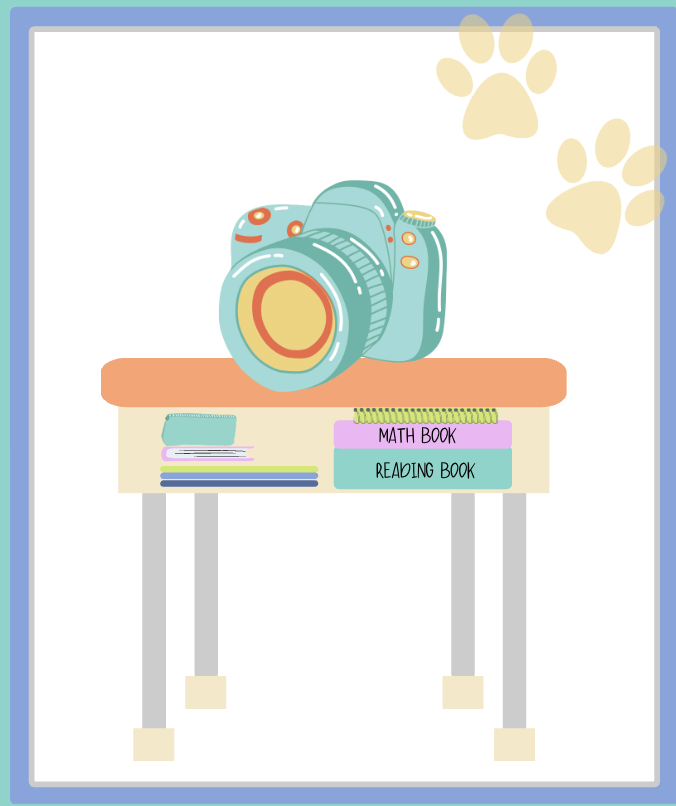Every August, Calabasas welcomes a new batch of first-year students. In the grand scheme, the first year may seem minuscule and even quickly forgotten by some. While middle school teachers may claim to prepare their students for high school, some tips may help prepare them for the chaos that comes with the next four years. Fortunately, first-year students are given significant guidance and tools to thrive.
One of the college and career counselors, Nancy Yumkas, explains the advice she would give to incoming first-year students.
“There’s so much to do,” said Yumkas. “It’s much different than middle school; there are sports, theater, music, a million clubs, and Model UN. Get involved; worse case, you don’t like it, and you drop.”
Mrs. Yumkas and Mrs. Lutsky agree that new students should spend the year exploring interests.
“[Incoming students should] take freshman year to find the things they’re interested in and then do them consistently,” said Yumkas. “Nobody’s impressed by 20 activities that you do [at] once; consistency is key.”
By finding an interest early on, students can hone in and nurture this interest, further developing their areas of intent over the next four years. Later on, students will be able to add this consistency to their resumes for college applications, where they will stand out among other students who were not consistent in their activities.
Of course, this first year is more than just involvement in clubs and organizations. Students at CHS are encouraged to branch out academically regardless of grade. However, finding what academic areas students excel in early on can be highly beneficial.
Mrs Yumkas offers advice about the course load freshmen should take.
“It doesn’t help anybody to get a C in an honors or AP class, and we suggest you take the most rigorous courses that you can do well in. That doesn’t mean that you have to take all honors or APs because most people are not good at everything. Do the things that you’re really good at and passionate about,” said Yumkas.
Focusing on one challenging class while maintaining A’s or B’s in standard courses will look much better on transcripts than alphabet soup in rigorous courses.
Lastly, when asked about one key piece of advice for freshmen, the college and career counselors encourage students to write everything down.
“Start a note on your phone and write down everything you do,” said Lutsky. “You think you are going to remember, and you will not. We have more seniors sitting here racking their brains to try and remember what they did freshman and sophomore years. Everything you do, any honors you get, any activities you’ve done, keep track of them, and you will thank your freshman self. It is also crucial to push yourself out of your comfort zone. Just go out there and push yourself a little bit, and you’ll find your place.”
















